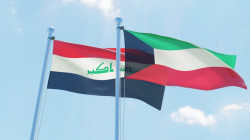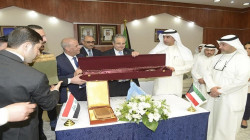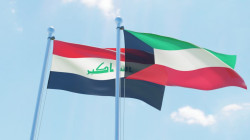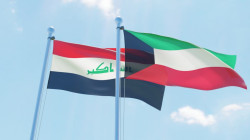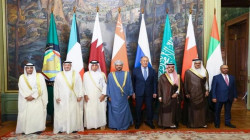Iraq's Invasion of Kuwait: A Defining Moment in Gulf's History, The Media Line Reports
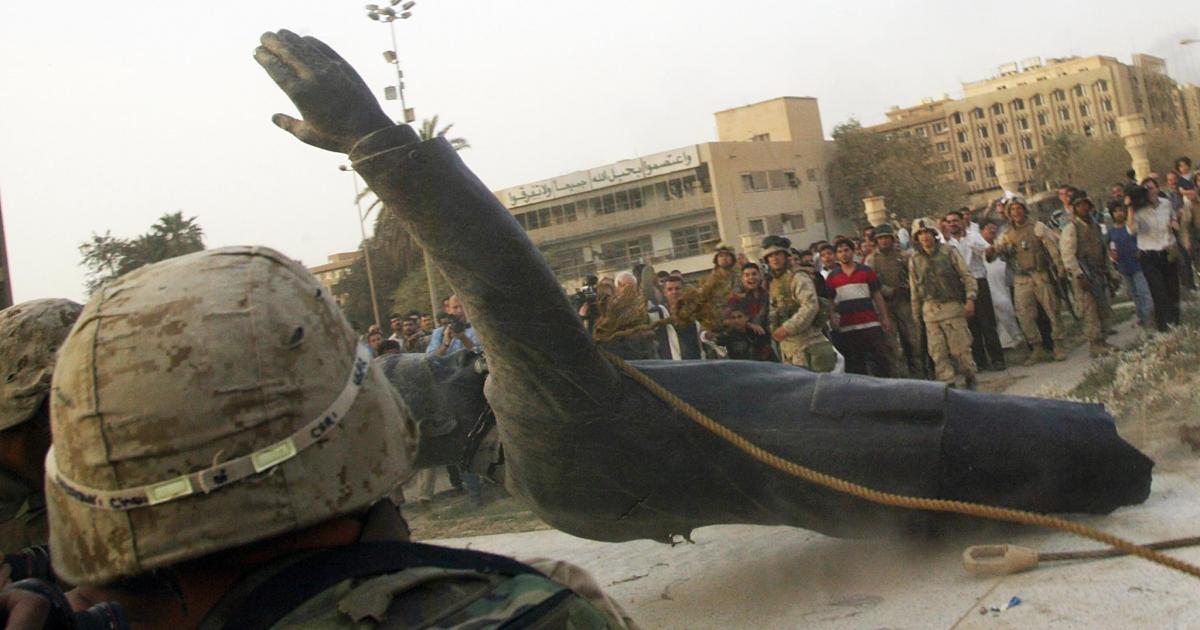
Shafaq News/ On August 2, 1990, the world witnessed an unprecedented shift in the geopolitical landscape as Iraqi forces, armed with over 100,000 soldiers and backed by 700 tanks, rapidly infiltrated Kuwait, marking a pivotal turning point that not only reshaped the Middle East but also set the stage for decades of regional turbulence, according to a detailed report by The Media Line.
The Media Line, an American news outlet specializing in Middle East affairs, delves into the harrowing events of that fateful day in its report titled "33 Years Since Iraq's Invasion of Kuwait: A Turning Point in the Gulf."
The report meticulously chronicles how the swift and audacious invasion transformed not only the immediate region but also laid the foundation for a series of consequential conflicts that continue to reverberate across the Gulf.
In the pre-dawn hours of August 2, 1990, Kuwait was under siege as Iraqi forces quickly overran the nation. In its first news bulletin, Radio Kuwait chillingly reported, "Iraqi troops began at 2 a.m. local time to violate our northern borders, to enter Kuwait territory, and to occupy positions within Kuwait."
The call to arms was answered by patriotic music and emotional calls for Kuwaitis "to defend their land, their sand, and their dunes."
The Media Line said Kuwait's defense forces were swiftly overwhelmed by Iraq's military might, leading to a chaotic retreat of the remaining troops to Saudi Arabia. Within hours, Kuwait's capital fell, prompting the emir of Kuwait, Sheikh Jaber al-Ahmad al-Sabah, his family, and key government officials to flee to the safety of Saudi Arabia. The rapid occupation was followed by the establishment of an Iraqi provincial government, accompanied by an ominous threat from President Saddam Hussein to transform Kuwait City into a "graveyard" for any nation that dared challenge the forceful takeover.
According to the Website, the international community responded with swift and unified condemnation, leading to Iraq's comprehensive political and economic isolation. The subsequent shockwaves reverberated through global oil markets, causing prices to surge. Iraq acquired control over an astounding 20% of the world's oil reserves by annexing Kuwait. This audacious move was set against tensions preceding the invasion. Baghdad accused Kuwait of flooding the global oil market and demanded compensation for disputed oil production from a contested border oil field.
In a unanimous denouncement on the same day as the invasion, the United Nations Security Council (UNSC) demanded Iraq's immediate withdrawal from Kuwait. An emergency session of the UNSC further called for the "immediate and unconditional" retreat of Iraqi forces from Kuwait, leading to a global trade embargo against Iraq on August 6.
The consequences of this invasion extended far beyond its immediate aftermath, becoming a catalyst for enduring regional instability. As fears escalated regarding Iraq's potential threat to Saudi Arabia and Saddam Hussein's prospective control over the world's oil reserves, U.S. President George H.W. Bush initiated "Operation Desert Shield" on August 7, 1990. In response to a request from Saudi Arabia's King Fahd, U.S. troops were promptly deployed to deter any Iraqi aggression. Concurrently, Saddam Hussein marshaled a formidable force of around 300,000 soldiers within Kuwait's borders. The report explained.
Months later, Kuwait remained under Iraqi occupation, prompting the UNSC to authorize "all necessary means" to expel Iraq from Kuwait if it failed to withdraw by January 15, 1991. Saddam Hussein's defiance spurred President George Bush to strengthen U.S. forces in Saudi Arabia and orchestrate a U.S.-led international coalition. This coalition, comprising almost a million allied troops primarily led by the United States, demonstrated an unwavering commitment to enforcing the UNSC's ultimatum. The report concluded.
